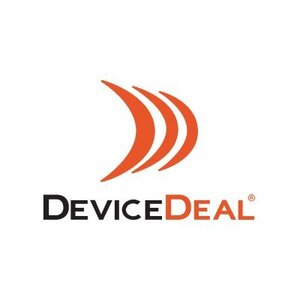I am in the process of upgrading my home wired LAN to 10 gigabits. The QNAP QSW-804-4C does not have PoE, but otherwise ticks all boxes as out of the box it has backwards compatibility with copper RJ45 (due to the 4 x 10Gbps combo ports) and also has 4 SFP+ ports.
The total switching capacity is 160 Gbps!
Found this deal which is at least $200 cheaper than anywhere else ($716.14 cheapest elsewhere).
Even CamelCamelCamel shows that the cheapest price on Amazon US ever was USD$399.




wow 10GbE, do you need that at Home?